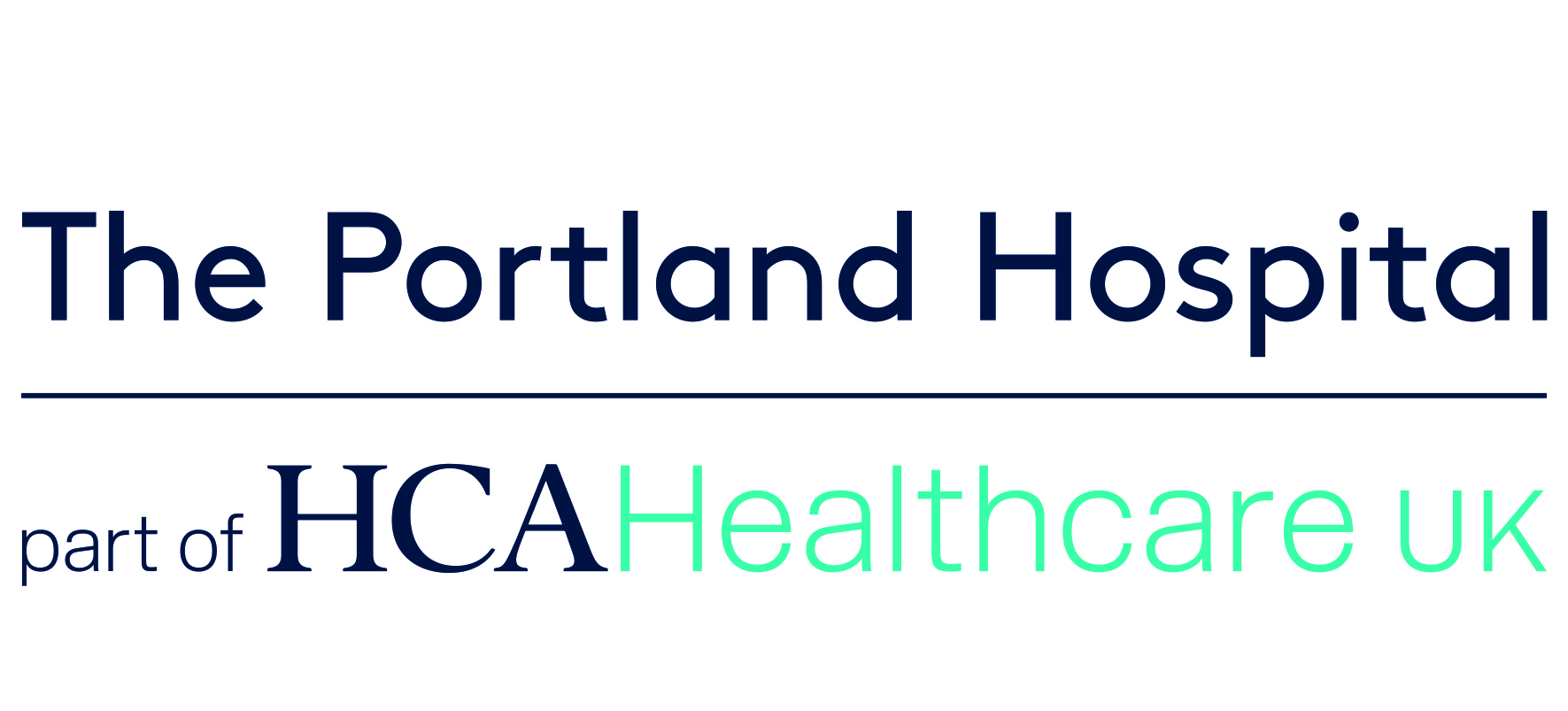Exhaustion after the birth, combined with sleep deprivation and changes in hormone levels (not to mention the stress of looking after a newborn baby) leads to many new mums feeling overwhelmed and depressed.
Some evidence suggests that the condition is linked to an inflammatory response within the immune system triggered by the changes in pregnancy
It's less common but some dads can experience depression after the birth of their new baby too.
Talk to family, friends, or your midwife, health visitor or doctor if you're worried that the 'baby blues' may, in fact, be postnatal depression.
Even if you have good support during pregnancy and after your baby’s birth, it’s common to feel depressed, overwhelmed or isolated. The expectation that you’ll be feeling deliriously happy doesn’t help, either – and might mean you don’t want to admit your true feelings to anyone. But be reassured that an awful lot of women out there feel the same way you do.
It’s important that you don’t feel alone, and talking to someone will really help. Speak to your friends or family, if you think they might be understanding and supportive. You may prefer opening up to your midwife, health visitor or doctor – some women feel there’s less risk of ‘being judged’ if they talk to someone not immediately within the family circle. Whoever you confide in, rest assured there’s help available to support you through what can be a really difficult time.

DISCLAIMER
This article is for information only and should not be used for the diagnosis or treatment of medical conditions. Essential Parent has used all reasonable care in compiling the information from leading experts and institutions but makes no warranty as to its accuracy. Consult a doctor or other health care professional for diagnosis and treatment of medical conditions. For details
click here.
